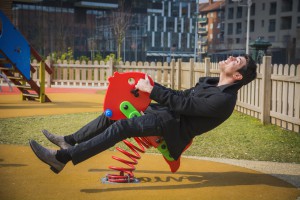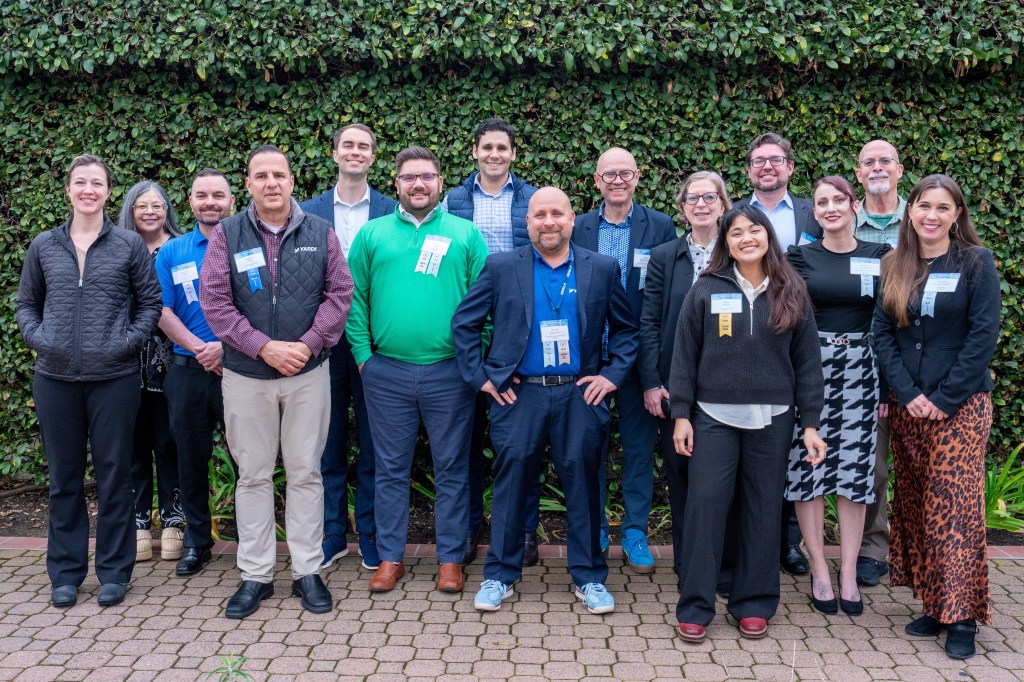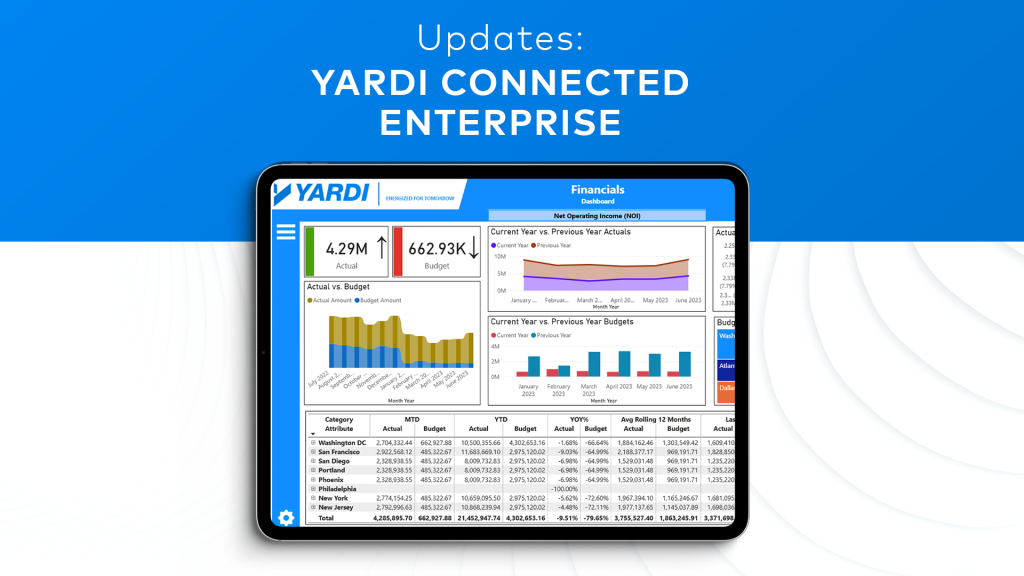By Erica Rascón on October 14, 2015 in News
Since 2012, residential and retail sectors have witnessed an influx of adult playgrounds. Inspired by research and projects conducted throughout Asia and Europe, these sites propose a new way for adults to maintain mental and physical health. Unlike in other  parts of the world, American businesses are missing out on the benefits of adult playgrounds.
parts of the world, American businesses are missing out on the benefits of adult playgrounds.
Workplace wellness programs have paved the way for healthier, happier employees. Currently, such programs include onsite fitness classes, management led competitions, and gym membership reimbursements. Adding adult playgrounds to the repertoire offers additional benefits and cost savings.
The Differences Between Exercise and Play
Adult playgrounds add a new dimension to wellness. The health perks of play-based exercise augment the benefits of conventional exercise. Simultaneously, play minimizes the adverse effects of conventional exercise.
The physical benefits of exercise are well documented. The psychological benefits, which researchers are still deciphering, include decreased stress, anxiety, and depression; improved problem-solving skills; a boost in confidence; mood management; improved sleep; and the release of endorphins that promote optimism.
Corporate wellness initiatives that are rooted in conventional workouts may inadvertently diminish the psychological benefits of exercise. Andre Spicer, Professor of Organisational Behaviour at City University, London and Carl Cederström Associate Professor at Stockholm University recently published Wellness Syndrome. In their book, the team explores the disadvantages of corporate wellness programs: health initiatives in the workplace may increase work-related stress. Some employees equate their fitness levels to their employability. Others begin to see their ability to reach or exceed fitness goals as a reflection of their character. For some employees, workplace health programs add a layer of insecurity and distraction, rather than facilitating happiness and balance.
When corporate America embraces play, the focus shifts from calorie-burning and endurance gains to simply having fun. (The aforementioned goals are achieved by default.) As a result, adults are less likely to negate their physical fitness gains with psychological duress. Employees will also be more likely to maintain workouts that they enjoy, improving the effectiveness of wellness  programs.
programs.
Play also has unique benefits. Stuart Brown, MD, founder of the National Institute for Play explains, “Play is as basic and as pervasive a natural phenomenon as sleep. It is the gateway to vitality, and by its nature is uniquely and intrinsically rewarding For older age groups, play has a role in fertilizing the brain and in producing increased brain-derived neurotrophic factor, particularly when there is social play that’s physically active,” says Brown. “For virtually every age group, there is evidence that play has very positive effects on mood, on the immune system, and for personal well-being and health.”
The Importance of Outdoor Playgrounds
Outdoor adult playgrounds add the element of nature’s restorative benefits. A study by the Department of Health, London, estimates that mental health disorders affect at least 16 percent of the population at any given time. A multi-study analysis concludes that exercise in green spaces improves self-esteem and mood, key indicators of mental health. Every green environment in the ten studies analyzed demonstrably improved participants mental health. Green spaces enhance the mental health benefits of exercise.
The evidence is so convincing that federal and local institutions are prescribing time outdoors to combat stress, obesity, and mental health disorders. National Park Service (NPS) joined the international Healthy Parks, Healthy People movement. Through this program, parks are positioned as a preventative health strategy. NPS collaborates with healthcare leaders, scientists, foundations and advocacy organizations to integrate parks into the health care regimen.
In Washington, D.C, for example, DC Parks Rx provides children and adults with a doctor’s note for playtime outside. Outdoor activities supplement, or serve in lieu of, prescription medicines for ADHD and other behavior disorders.
Cost Savings of Playgrounds
By combining the physical benefits of exercise with the psychological benefits of play and time outdoors, corporations can promote employee health through proactive measures. A task force with The Bipartisan Policy Center is working to compile and analyze data on the cost savings of preventative care.
But now there is an additional cost savings element: employee’s playtime could result in sustainable energy in the workplace. Energy-harvesting playgrounds store and repurpose kinetic energy. As employees play, the kinetic energy from their movements is used to supply electricity for nearby operations.
- Empower Playgrounds has installed 40 merry-go-rounds and glider swings that produce energy for schools and homes in rural Ghana. With the specialized equipment, an eight-year-old child can generate 100 watts of energy. The playground’s batteries hold up to 40 hours of charge.
- A nightclub in Rotterdam uses piezoelectricity to generate power for the lighting and sound equipment.
- Sidewalks and escalators throughout Europe and Asia capture foot traffic for power.
The potential for employees to generate power is limitless. As engineers continue to refine the technology, sustainable energy gains will continue to increase.
Adult playgrounds provide physical, psychological, environmental and financial benefits for businesses and their employees. It’s no longer a question of if an adult playground can benefit your company. It is now a matter of when you will install one.


